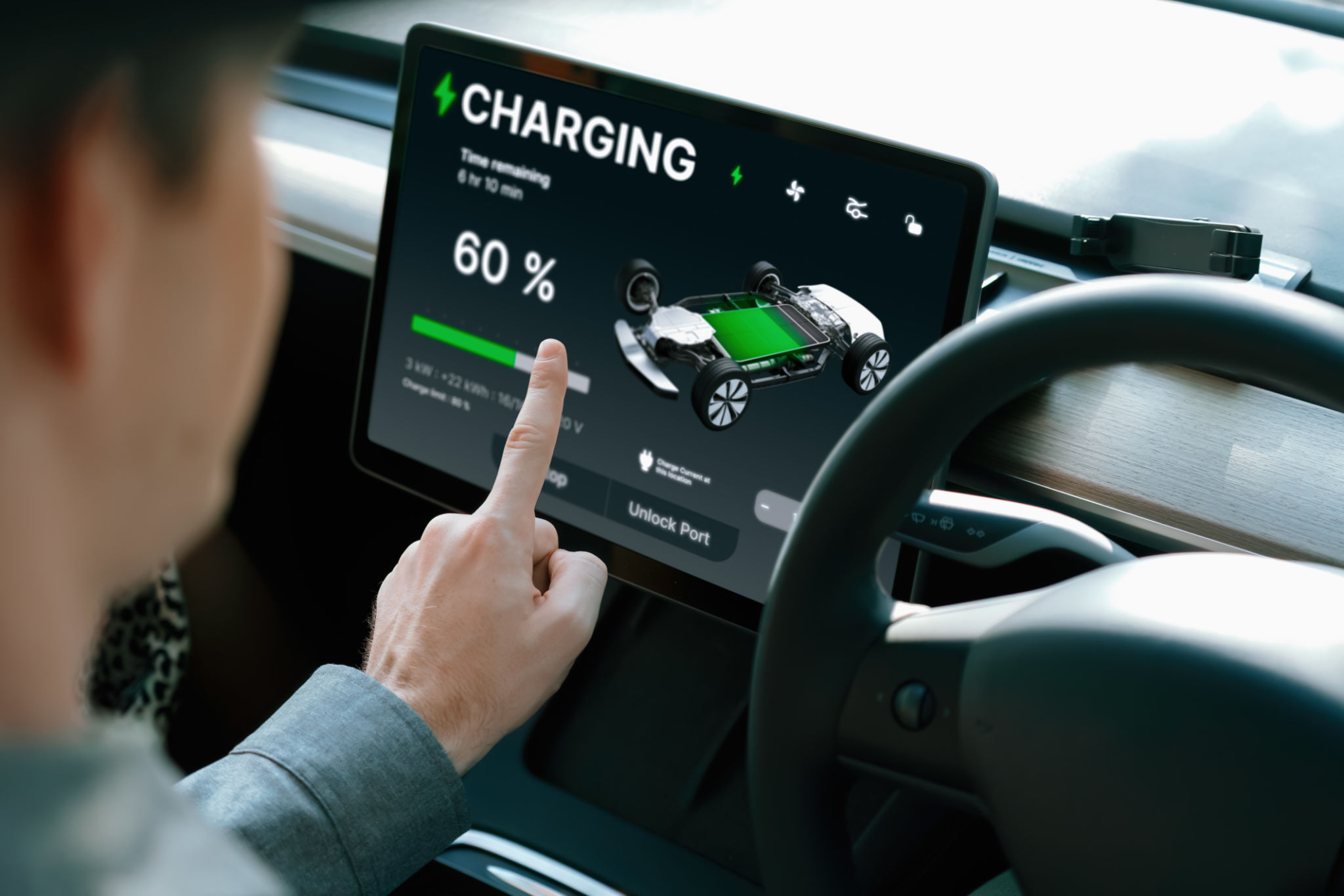Myth-Busting Electric Innovations: Debunking Common Misconceptions
Understanding Electric Vehicles
Electric vehicles (EVs) are often surrounded by myths and misconceptions. As they become more mainstream, it's crucial to separate fact from fiction. One common myth is that EVs have a limited driving range. While this was true in the early days, modern electric cars can travel hundreds of miles on a single charge, rivaling many gasoline-powered vehicles.

Another misconception is that electric vehicles are slow. In reality, many EVs boast impressive acceleration speeds due to their instant torque. This makes them not only efficient but also thrilling to drive. Electric vehicles are also equipped with advanced technology, enhancing their appeal to tech-savvy consumers.
Battery Life and Replacement
Concerns about battery life and replacement costs often deter potential EV buyers. However, advancements in battery technology have significantly extended the lifespan of EV batteries. Most manufacturers offer warranties that cover battery performance for several years, ensuring peace of mind for consumers.

Moreover, the cost of battery replacement has been declining steadily. As the industry grows and technology improves, these costs are expected to continue to drop, making EVs an even more viable option for everyday transportation.
Charging Infrastructure Myths
A prevalent myth is that there aren't enough charging stations for electric vehicles. Although EV infrastructure is still growing, it's rapidly expanding. Public charging stations are becoming more accessible, and innovations like home charging solutions make it convenient for users to recharge their vehicles overnight.
Additionally, the myth that charging takes too long is being debunked with the advent of fast-charging technology. Many EVs can now be charged to 80% capacity in under an hour, making long-distance travel more feasible than ever.

The Environmental Impact
While some argue that EVs aren't as environmentally friendly as they seem due to electricity production concerns, studies show that they still offer substantial environmental benefits over their lifetime. Renewable energy sources like solar and wind are increasingly powering the grid, further enhancing the green credentials of electric vehicles.
Moreover, the reduction in tailpipe emissions contributes significantly to improved air quality in urban areas. Transitioning to electric vehicles is a crucial step toward a more sustainable future.
Conclusion: Embracing the Future
As we debunk these myths, it's clear that electric vehicles represent a promising innovation in transportation. With continued advancements in technology and infrastructure, EVs are poised to become a cornerstone of sustainable mobility. By embracing electric innovations, we pave the way for a cleaner, more efficient future.
